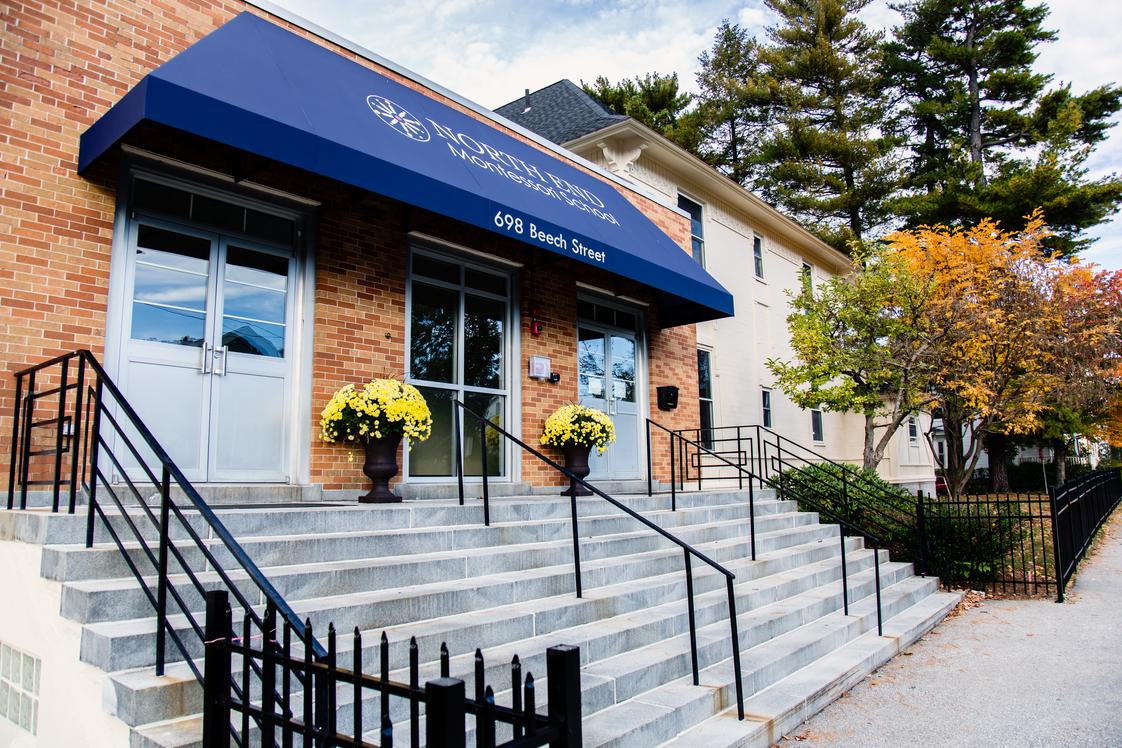The Montessori approach to early childhood education has earned it a reputation for its unique, child-centered methodology that promotes independence, creativity as well as a lifetime passion of learning. This guide explains the benefits of Montessori daycare, Montessori kindergarten, Montessori preschool, and Montessori elementary school. It outlines how each stage contributes to a child’s holistic development.
Montessori Daycare is a place to nurture independence right from the beginning
The Montessori programs for daycare are designed to encourage confidence and independence in the smallest of learners. They provide a safe and stimulating environment where youngsters as young even toddlers of all ages can discover and develop at their own pace. In the Montessori daycare, the classroom is equipped with appropriate, age-appropriate materials that promote sensory exploration as well as the development of motor skills.

Teachers in Montessori daycares are facilitators, not instructors. They guide children through their learning process. This helps develop critical thinking among children and helps them to develop a sense of autonomy. In Montessori daycares the children are encouraged to put water in a bowl, spoon beans and button clothing. These activities assist in developing fine motor skills and practical capabilities.
Montessori Kindergarten: A Foundation for Lifelong Learning
The emphasis of the Montessori kindergarten curriculum shifts slightly as children transition towards it. It includes more structured academic instruction, but still promoting autonomy and self-directed activity. The Montessori kindergarten curriculum is rich and varied covering mathematics, language, cultural studies, and practical life skills.
The mixed-age classroom is a key element of Montessori kindergarten, where children of different stages of development are taught together. This setup lets younger children to learn from their older classmates and the older children to reinforce ideas they already have. This type of learning through peer fosters social skills as creating a sense of belonging within the classroom.
Montessori kindergarten is a classroom that uses hands-on activities where learning usually takes place in real life circumstances. Math, for instance can be taught using manipulatives like beads and rods, which help children grasp abstract concepts through physical interaction. Language development may be aided through stories, phonetic games and writing.
Montessori Preschool Inspiring Exploration and Curiosity
Montessori preschools are founded on the principles of daycare as well as Kindergarten, focusing on exploration, curiosity and love of learning. The preschool is designed to be interactive, educational and fun. It offers materials and activities tailored to the age range between 3 and 6 years olds.
Children in a Montessori pre-school can pick the activities they want to do and are able to work at their pace. This independence fosters intrinsic motivation, as well as an understanding that they are accountable for their education. The preschool curriculum includes actions in the real world, as well as sensorial such as math, language and cultural studies.
The Montessori preschool curriculum revolves around real-life activities such as cooking, gardening, cleaning, or other chores of the home. These exercises teach children fundamental life skills and aid them in improve their coordination, focus, and independence. Sensorial activities, on the contrary are designed to enhance the five senses and enhance cognitive development.
Montessori Elementary School – Preparing Students to Academic Success
Montessori elementary school continues the idea of child-centered education. It places more emphasis on academic subjects, while still nurturing the entire child. The curriculum is integrated and interconnected which allows children to understand the interrelationships between various subjects of study.
Elementary students at the Montessori school are engaged in deep studies, collaborative learning, and hands on experiments. The classroom environment promotes curiosity and critical thinking, and the materials are designed to accommodate different interests and abilities.
One of the main features of Montessori’s primary education is its focus on “cosmic learning,” which helps students understand their place within the world, and the interconnectedness between everything. This method helps children be responsible for the world as well as for their fellow citizens, enabling them to become thoughtful world citizens. Visit Montessori Elementary School
In conclusion it is clear that the Montessori method of early childhood education, from daycare through elementary school, provides a unique, effective method of nurturing a child’s development. Through encouraging independence as well as curiosity and a love for learning, Montessori education teaches children with the knowledge and attitude they need to be successful. the rest of their lives.
